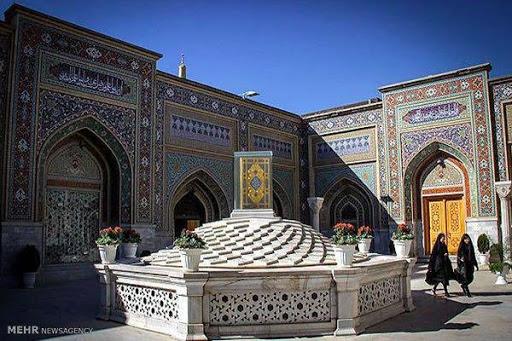Information, memory and politics
the medieval monastic libraries in the film The Name of the Rose (1986)
DOI:
https://doi.org/10.22478/ufpb.1809-4775.2024v20n1.69531Abstract
Throughout the Middle Ages, three types of libraries developed: private, university and monastic. Since medieval society was based on Christian culture, it is possible to infer that monastery libraries were the most important, since monasteries were the center of civilization. Thus, the objective of this work is to use the film The Name of the Rose (1986) to think about medieval monastic libraries. As a methodological procedure, a bibliographical research was carried out and the film in question was used as a tool to understand how medieval monastic libraries absorbed the dimensions of information, memory and politics in their daily lives. Scenes from the film were used to demonstrate the historical and library understanding of this type of library and how the aforementioned perspectives can be understood in the monastic library. Based on the analysis carried out, it was possible to understand the monastic library from the perspectives of information, memory and politics, so that the first two were conditioned to the will of those who hold power. Thus, in the Middle Ages, access to information and document safeguarding became political issues. Therefore, the medieval monastic library was a political space in that its access was restricted and all decisions made regarding it were political measures and a demonstration of power.













